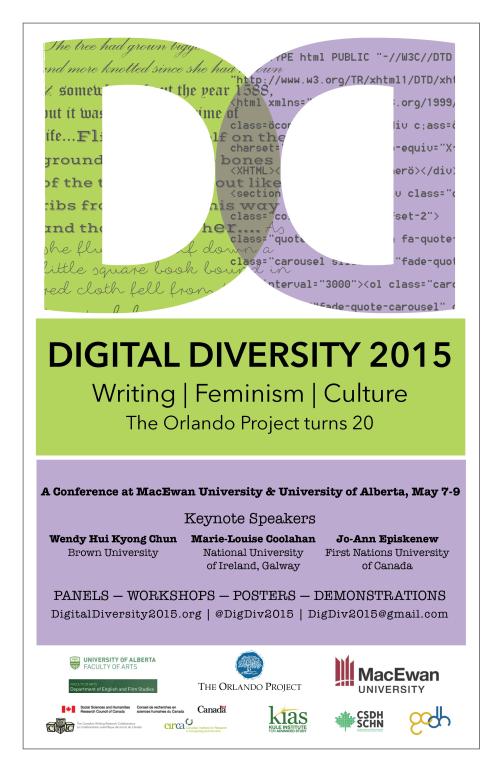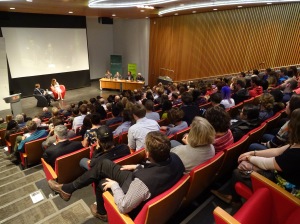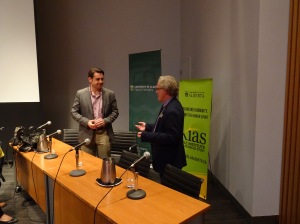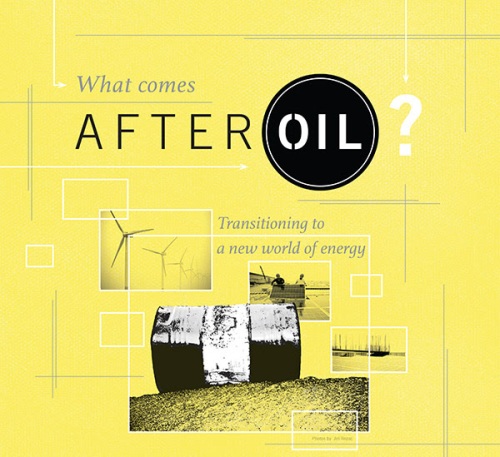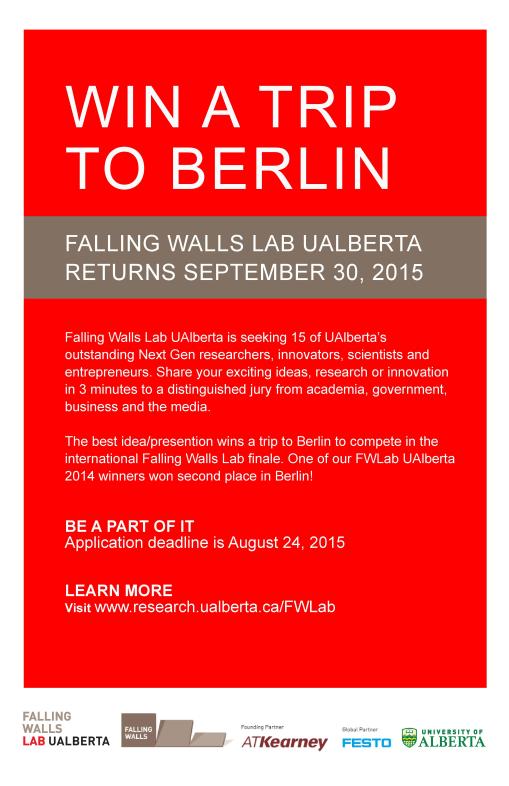KIAS is proud to sponsor Digital Diversity 2015: Writing | Feminism | Culture, an exciting conference to celebrate the Orlando Project’s 20th Anniversary, taking place at Grant MacEwan and the University of Alberta May 7-9th. The plenary lectures (see below) are free and open to the public.
For further information and the full program see http://digitaldiversity2015.org/
Marie-Louise Coolahan, National University of Ireland at Galway
“The Digital Turn and Early Modern Women’s Writing”
Thursday May 7, 3:45 – 5:15 PM
CN Lecture Theatre, MacEwan U
Wendy Hui Kyong Chun, Brown University
“Post-Recovery: Shadowy Absences and ‘Found Collectivity’”
Friday May 8, 11:00 AM – 12:30 PM
Lister Evergreen, Lister Conference Center, U of A
Jo-ann Episkenew, First Nations University of Canada
“Indigenous Youths’ Relational Wellbeing in the Digital Era”
Saturday May 9, 1:30 – 3:00 PM
Lister Wild Rose, Lister Conference Center, U of A
Wendy Hui Kyong Chun is Professor and Chair of Modern Culture and Media at Brown University and Visiting Professor at Leuphana University (Luneburg, Germany). Her current book project is titled Imaginary Networks, and she is the author of Programmed Visions: Software and Memory (2011) and Control and Freedom: Power and Paranoia in the Age of Fiber Optics (2006), both with MIT Press. Her research interests encompass new media, comparative media studies, Asian-American culture, and critical theory.
Marie-Louise Coolahan, Senior Lecturer in English at the National University of Ireland, Galway, was recently awarded a European Research Council Consolidator Grant for her major digital study, RECIRC: The Reception and Circulation of Early Modern Women’s Writing, 1550-1700. She is the author of Women, Writing, and Language in Early Modern Ireland (Oxford University Press, 2010), Co-Investigator of the collaborative ’Women’s Poetry 1400-1800 in English, Gaelic, Scots, Scots Gaelic and Welsh’ project, and a former member of the Perdita Project.
Jo-Ann Episkenew is Professor of English and Director of the Indigenous People’s Health Research Centre at the First Nations University of Canada. She is part of Acting Out!, a multi-university theatre project that develops aboriginal youth leadership and intersects with her research in indigenous literature of Canada and the United States, theatre and health, and literature and public policy. Dr Episkenew is the author of Taking Back Our Spirits: Indigenous Literature, Public Policy, and Healing (University of Winnipeg Press, 2009) and co-editor of Creating Community: A Roundtable on Aboriginal Literatures (Bearpaw and Theytus, 2002).
